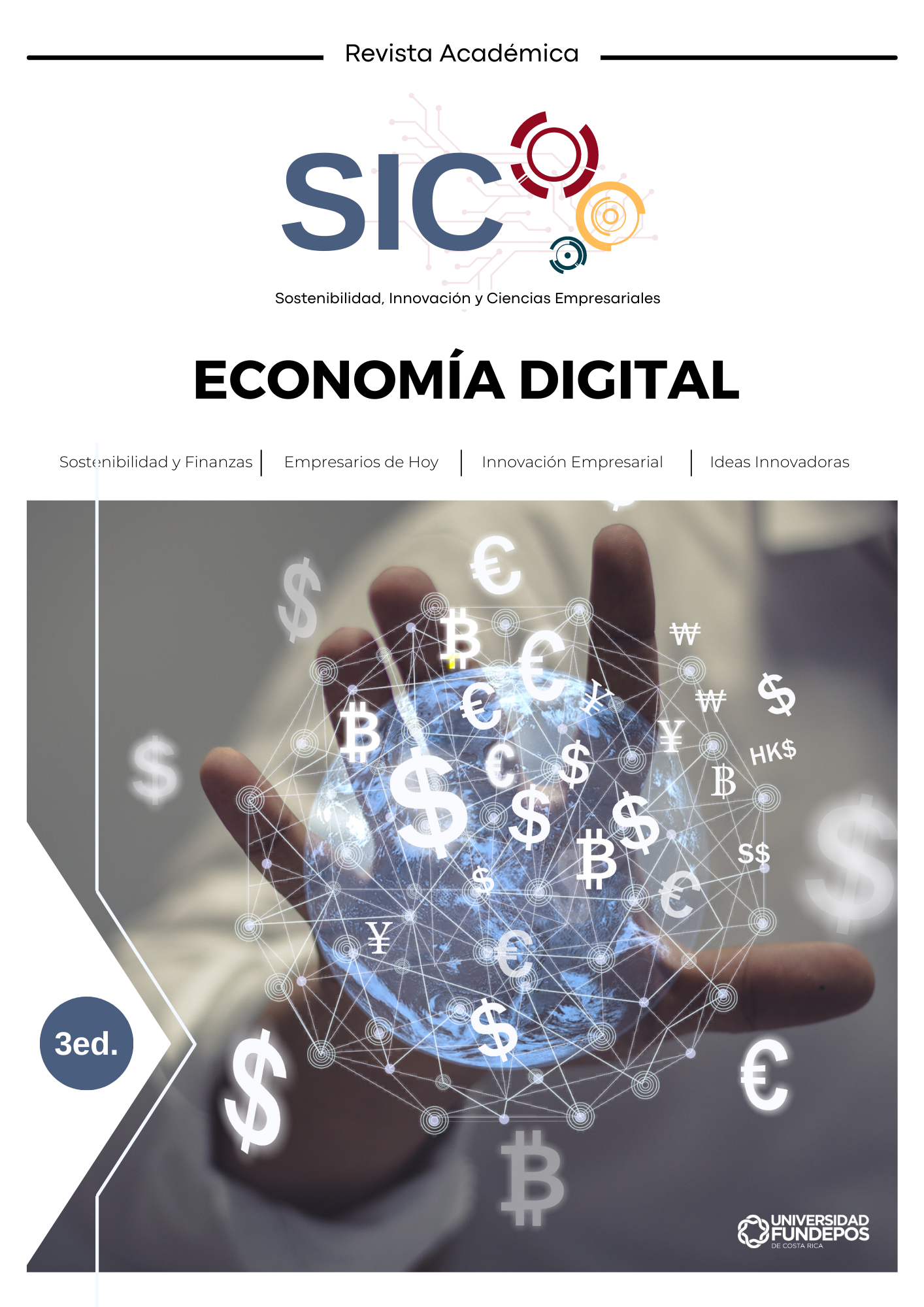The role of cooperatives in supporting cultural and creative industries
Main Article Content
Abstract
The paper aims to initiate a serious dialogue among stakeholders in the policy and research space concerning cooperatives for supporting arts and culture, premising this need on the 2016 inscription of the idea and practice of organizing sharedinterests into cooperatives as an Intangible Cultural Heritage of Humanity in the Representative List of UNESCO. The paper establishes a theoretical framework elaborating on the value, opportunities, and challenges of cultural and creative sectors, and buildson the existing and potential connection between the creative sector and the cooperative movement. 7 examples of cooperatives plying in the creative sector are briefly introduced, and arguments for mainstreaming cooperatives, enhancing workers’ position, and safeguarding genuine cooperatives in the cultural and creative sector are put forth, in line with the aim of the paper to help stakeholders in the cooperative movement to discuss leveraging the potential of creative sector for further development of cooperatives worldwide and vice-versa.Keywords: cooperatives, safeguarding culture, heritage of humanity, culture of cooperation, culture and creative sectors.IntroductionA deeper analysis and collaboration between the cooperative movement and thearts andculture sector is required. Cooperatives are designed to build wealth in communities most directly targeted and affected by inequality, helping vulnerable workers build skills and earn income. The cultural sector is actively seeking alternatives tobusiness-as-usual to create economic and racial justice in the sector and beyond. We know that racialjustice cannot be achieved without economicjustice, and that culture is key to imagining and enacting economies of solidarity. It is for this reason that the arts and culture sector needs the solidarity economy movement, and vice.
Article Details

This work is licensed under a Creative Commons Attribution-NonCommercial-NoDerivatives 4.0 International License.
Esta obra está bajo una licencia internacional Creative Commons Atribución-NoComercial-SinDerivadas 4.0.
Este licenciamiento, indica que se permite copiar, distribuir, exhibir y ejecutar la obra. Todo con la condición de que se atribuya la autoría sobre la obra en la forma en que haya sido especificada por el autor o el licenciante de la obra, que la no se use comercialmente; y que no se produzcan obras derivadas sobre la obra original. El licenciante no puede revocar estas libertades en tanto la Universidad Fundepos cumpla con los términos de la licencia, el cual se describe a continuación.


